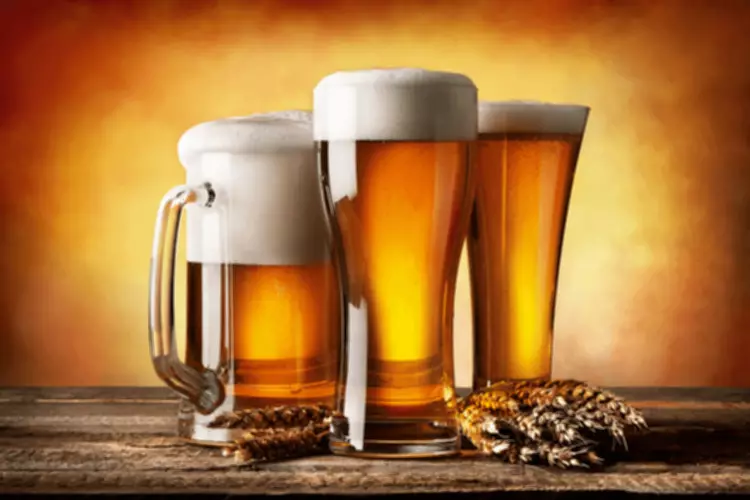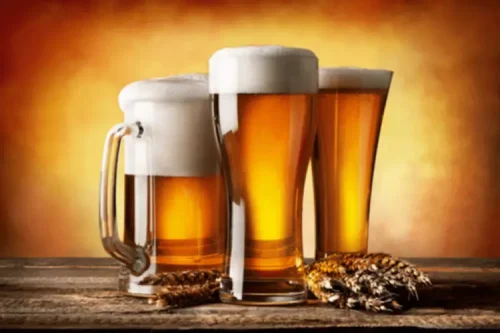
Please note, this is only a quote of benefits and/or authorization. We cannot guarantee payment or verification eligibility as conveyed by your health insurance provider will be accurate and complete. Payment of benefits are subject to all terms, conditions, limitations, and exclusions of the member’s contract at time of service. Your health insurance company will only pay for services that it determines to be “reasonable and necessary.” The treatment center will make every effort to have all services preauthorized by your health insurance company. Addiction Resource does not offer medical diagnosis, treatment, or advice.
You deserve excellent care and a rewarding life in recovery.

Other possible side effects can depend on which type https://ecosoberhouse.com/article/alcohol-and-anxiety-can-drinking-cause-panic-attacks/ of blood thinner that you are taking. It’s generally safe to take acetaminophen while you’re on a blood thinner, but make sure you follow the directions. Acetaminophen can cause liver damage if you take more than the recommended dose. Green tea also contains some vitamin K, so it’s best to choose another option, like black tea, which doesn’t interact with a blood thinner.
Common herbal supplements with the potential to interfere with blood clotting

Ask them about other steps you should take to stay safe while you’re on this medication. Alcohol can increase your risk of stomach bleeding caused by aspirin and other NSAIDs. “If you’re on some blood thinners, studies show you should also stay clear of cranberry, grapefruit and pomegranate fruits and juices,” advises Dr. Bishop. Doing anything that can make you bleed is something to seriously consider not doing if you’re on a blood thinner. That means contact sports like hockey, soccer or football, or ones that pose a serious risk of injury if you fall (like skiing, gymnastics or ice skating) are best put on the sidelines. A treatment center will attempt to verify your health insurance benefits and/or necessary authorizations on your behalf.
How to manage side effects
On their own, blood thinners can create a number of health risks and increase the chances of serious bleeding. When combined with alcohol use, however, the risks become much more severe. Blood thinners may interact with alcohol as well as certain other medications, foods, and dietary supplements. For example, the NIAA advises that drinking alcohol while taking warfarin, which is a blood thinner, can have adverse effects. However, people should not consume alcohol instead of taking medications as a healthcare professional has prescribed. Additionally, a person should discuss whether they are able to consume alcohol while taking blood thinners, as alcohol blood thinners and alcohol may interact with some medications and lead to side effects.
Antiplatelets
This complication is usually only seen with long-term use of heparin (more than one month). It happens because heparin decreases the formation of new bone cells and increases the rate at which old bone cells are naturally broken down by your body. These medications can all be taken regularly without regular lab testing and are often used when warfarin isn’t an option.

